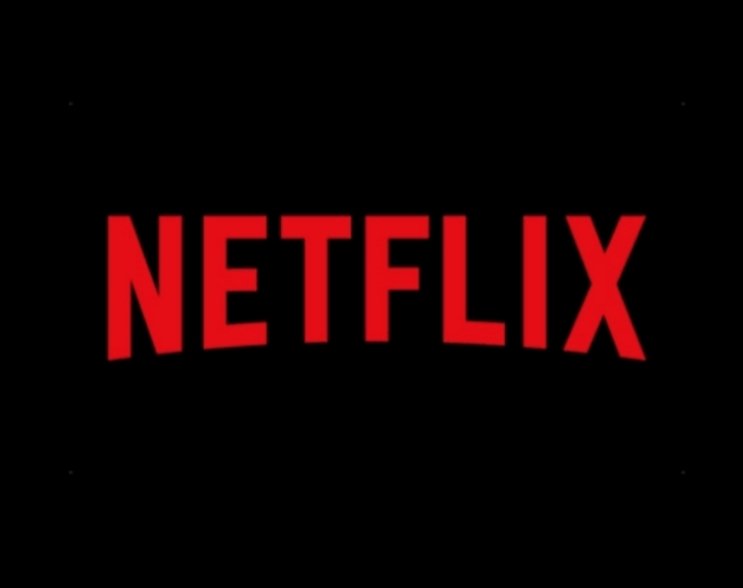Netflix’s viewership had reached a never-seen-before height with the release of the Korean web-series titled “Squid Games” on September 17, 2021, which amassed over 142 million views and increased Netflix’s market value by over $900 million, becoming the most watched show of the year. With season 2 of the Series set to release in December this year, Netflix has been slapped with an infringement suit by the Indian director / producer Soham Shah (“Plaintiff”) accusing the platform of “ripping-off” his Hindi language film “Luck” starring Imran Khan, Shruti Haasan and Sanjay Dutt amongst others which released in 2009. In the suit filed before the Federal Court in New York, the Plaintiff has claimed that Netflix and the creator of the Series Hwang Dong-Hyuk, have plagiarised the contents of his Film to make the world-renowned Series, against which he is now seeking a permanent injunction and damages.
The Series surrounds a group of unemployed and financially disadvantaged participants, who had been enticed to partake in a contest revolving children’s games for a chance to win a cash prize. However, shortly after the games begin, the contestants discover that they must compete against each other as losing the games would result in their deaths. It is also later revealed that the games had been designed to entertain a circle of affluent individuals, betting against the lives of the participants. Netflix came under heavy scrutiny when accusations were hurled by the Plaintiff that the concept of the Series has been plagiarized from his Film which is also based on ‘lucky’ individuals who had been recruited by an underground mafia head for his own entertainment to participate in a game which would result in death for the loser, but would also be a chance to win a hefty monetary prize for the ultimate victor.
The lawsuit focuses on the resemblance between the theme of the Film and the Series to support the Plaintiff’s infringement claim and highlights the striking resemblance between the plots, characters and general storyline depicted in each of the audio-visual content. The Plaintiff also contends that like the Film, the Series revolves around the exploitation of the less fortunate for the entertainment of the wealthy, by means of a game which promises the victor great monetary benefits and results in the death of all but such victor. Further, given that the Plaintiff wrote the story of his Film in 2006 and released it in 2009, Hwang Dong-Hyuk’s statements on commencing his writing of the Series in 2009, strongly suggests that the Series has, if not completely then significantly been replicated from his Film. Netflix has on its part, completely denied the Plaintiff’s claim, clarifying that they will be fighting the suit to its end, since there was no form of infringement in the present matter.
As a general principal under copyright law, it is well-established that copyright protection does not extend to ideas, plots, themes, or historical facts. Instead, the way an idea is structured, presented, and expressed is protected. While the specific law on this matter differs from jurisdiction to jurisdiction, the critical factor in determining copyright infringement lies in whether the similarities between two works are fundamental and extend beyond mere ideas. The “lay observer test” is often used to assess infringement, where if a person with an ordinary memory can distinguish between the two works, and if the core idea is presented differently in both works, there is no question of infringement, as mere resemblance of ideas is insufficient for copyright violation.
In the present suit, the Court’s decision will heavily rely on whether these resemblances pertain to common ideas adapted across the industry or a specific expression of the same which is entitled to protection under copyright laws, as a deciding factor. Another side of the coin for the present debate in relation ‘copyright protection’ is that while copyright law seeks to protect creators from the unlawful exploitation of their work, it also recognizes that creative industries thrive when ideas can be shared and transformed into new expressions. The lawsuit also highlights the ongoing strains between protecting intellectual property and allowing creative freedom in the global entertainment industry.
Whether the Series is a substantial reproduction of the thematic elements and core narrative of the Film, or merely shares some conceptual overlap with the Film, while keeping its artistic expression and execution distinct, remains to be seen. In either case, the outcome of the suit is expected to set a significant precedent for how copyright law is interpreted particularly in the rapidly growing OTT space, where ideas and creative works are often shared and repurposed across markets. The present case is expected to serve as a reminder of the fine line between inspiration and imitation and the difference between borrowing inspiration and outright plagiarizing, ensuring that creators can both protect their original work and continue to innovate by building on shared concepts.
As global platforms like Netflix continue to expand their influence, safeguarding the balance between ‘permissible exploitation via new expression of the shared ideas/concept’ and ‘protection against outright infringement via exploitation of existing expression of shared idea/concept’ will be essential to ensuring a fair and innovative entertainment landscape.
Authors: Dayita Panicker, Shaanal Shah & Riya Mehta

